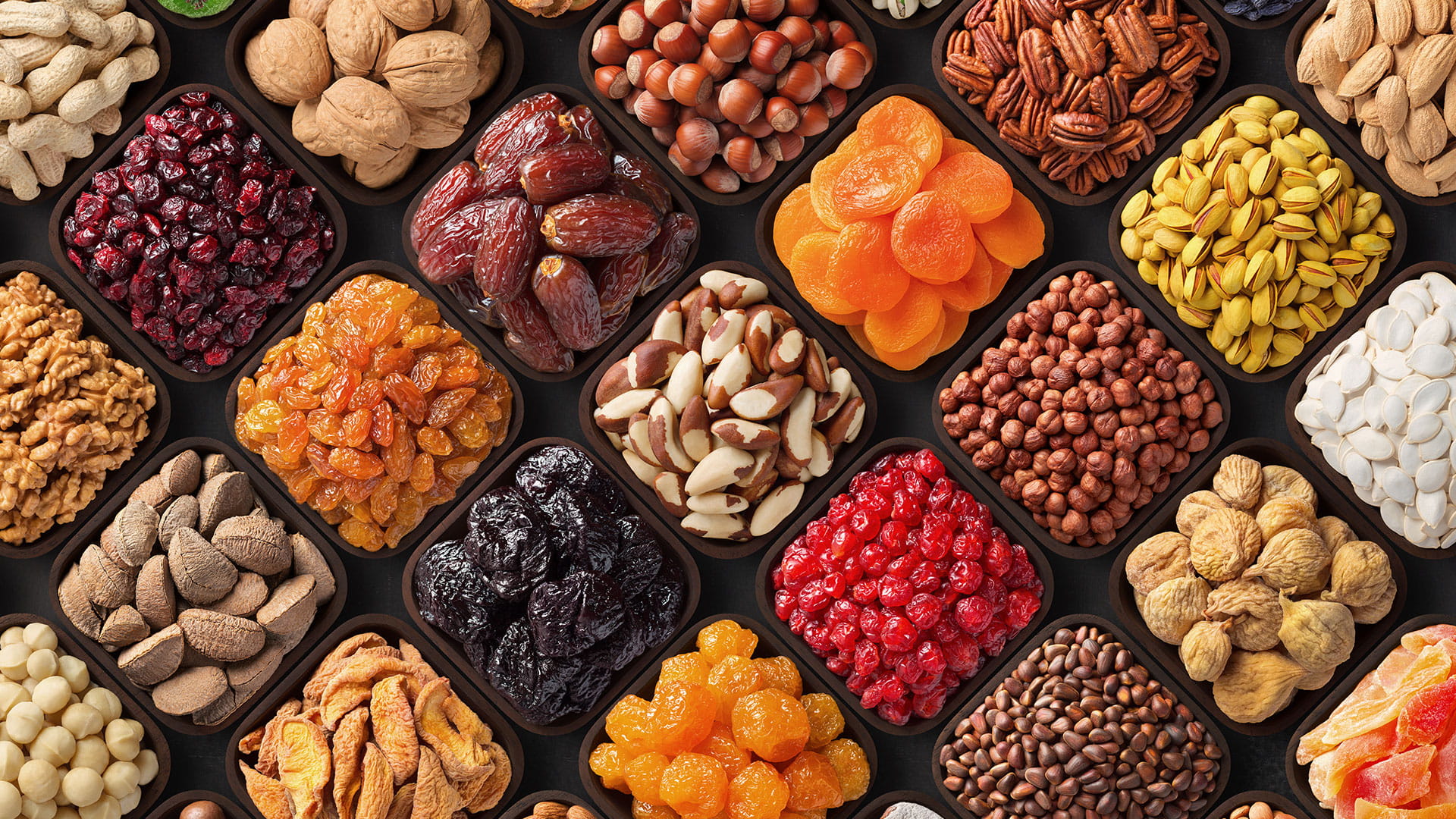Dried fruit snacks are not just only portable snacks; they are powerhouses of nutrition that can enhance your overall health. Packed with important vitamins, minerals, and antioxidants, these little delights deserve a key place in your nutrition. From dried apricots to sultanas, the range of flavors and textures makes them an exciting addition to dishes and snacks alike. Whether dried fruits supplier are looking to increase your vitality, improve your digestive health, or merely enjoy a delicious treat, dried fruits offer benefits that go further than their taste.
As we explore the health benefits of dried fruits, it's essential to acknowledge their notable nutritional profile. They are concentrated sources of nutrients, making them an outstanding option for those who want to add more vitamins and fiber to their nutrition. With numerous dried fruits available through reliable dried fruits vendors, incorporating these nutritious snacks into your everyday life has never been more convenient. So let's dive into why these tasty treats should be a necessary item on your shopping list.
Health Advantages of Dried Fruits
Dried fruits are rich sources of necessary nutrients, making them a great addition to your diet. They contain a large amount of nutrients and minerals compared to their fresh counterparts. For example's sake, dehydrated apricots are rich in beta-carotene and potassium, while dried figs provide a good amount of calcium and fiber. This nutritional density can assist support overall health and well-being, offering you a quick way to increase your intake of several vital elements.
Furthermore, dried fruit are loaded with antioxidants, which play a key role in protecting your body from oxidative stress. Antioxidants help combat free radicals, potentially lowering the risk of long-term diseases. For example, raisins are known for their high levels of phenolic compounds, which contribute to heart health. Adding a variety of dried fruits in your diet can enhance your antioxidant intake, promoting longevity and reducing inflammation.
Lastly, dehydrated fruits are an excellent source of dietary fiber. One serving can provide a substantial portion of your daily fiber needs, aiding in digestion and promoting a healthy gut. Fiber-rich foods can also help stabilize blood sugar levels and help you feeling full longer. With their convenience and versatility, dried fruits make it simple to add this important nutrient into meals and snacks while enjoying their natural sweetness.
Selecting High-Quality Dehydrated Fruit
As you selecting dried fruits, choose those that have minimal added ingredients. High-quality dehydrated fruits usually feature the fruit alone or possibly some additives to maintain quality. Steer clear of items with excessive sugar, fake flavors, and colorings, as they may negatively impact the nutritional value that dry fruits offer. Examining the composition is important, as it offers you insight into the product’s quality and health benefits.
Another important consideration to take into account is the consistency and look of the dehydrated fruit. Quality dehydrated fruits should be full, moist, and bright in hue, without evidence of too much shrinkage or darkening. Should the fruits look excessively dry or stiff, they may likely weren't kept properly or could be no longer fresh. Look for those from reputable dried fruit vendors who value optimal dehydration methods and packaging techniques to protect the fruit's characteristics.
Lastly, be mindful of the origin of your dry fruits. Nearby providers or those known for their dedication to quality typically offer superior taste and standard. Look for brands that offer clarity about their sourcing and procedures, as this can also suggest the overall quality of the dehydrated fruits. Through careful selection in your selection, you can ensure you are getting the most nutritious and tastiest dry fruits to enhance your nutrition.
Adding Dried Fruits into Your Diet
One of the most straightforward ways to enjoy dried fruits is by incorporating them to your morning meal. Regardless of whether you toss dried cranberries or apricots over your oatmeal or stir them into your yogurt, they provide a delicious burst of flavor and extra nutrients. This not only elevates the taste but also increases the fiber content of your morning meal, keeping you fuller for longer and offering sustained energy for the day.

Dried fruits also make for a handy and wholesome snack alternative. You can pack a mix of dried figs, mangoes, and raisins in your bag for on-the-go nutrition. They are easy to carry and durable, making them an ideal choice for active lifestyles. Mixing them with nuts can create a delicious trail mix that pairs carbohydrates with protein and good fats, great for a mid-afternoon snack.
Furthermore, consider using dried fruits into your meal preparation and cooking. They can add a natural sweetness to meals, whether in savory dishes like salads and grain bowls or in baked goods such as muffins and cookies. By sourcing quality dried fruits from a reputable supplier, you can ensure you are eating products that contain no unnecessary sugars or preservatives, enhancing the health benefits they provide.
